Léman Express to have a ‘major impact’ on Greater Geneva mobility
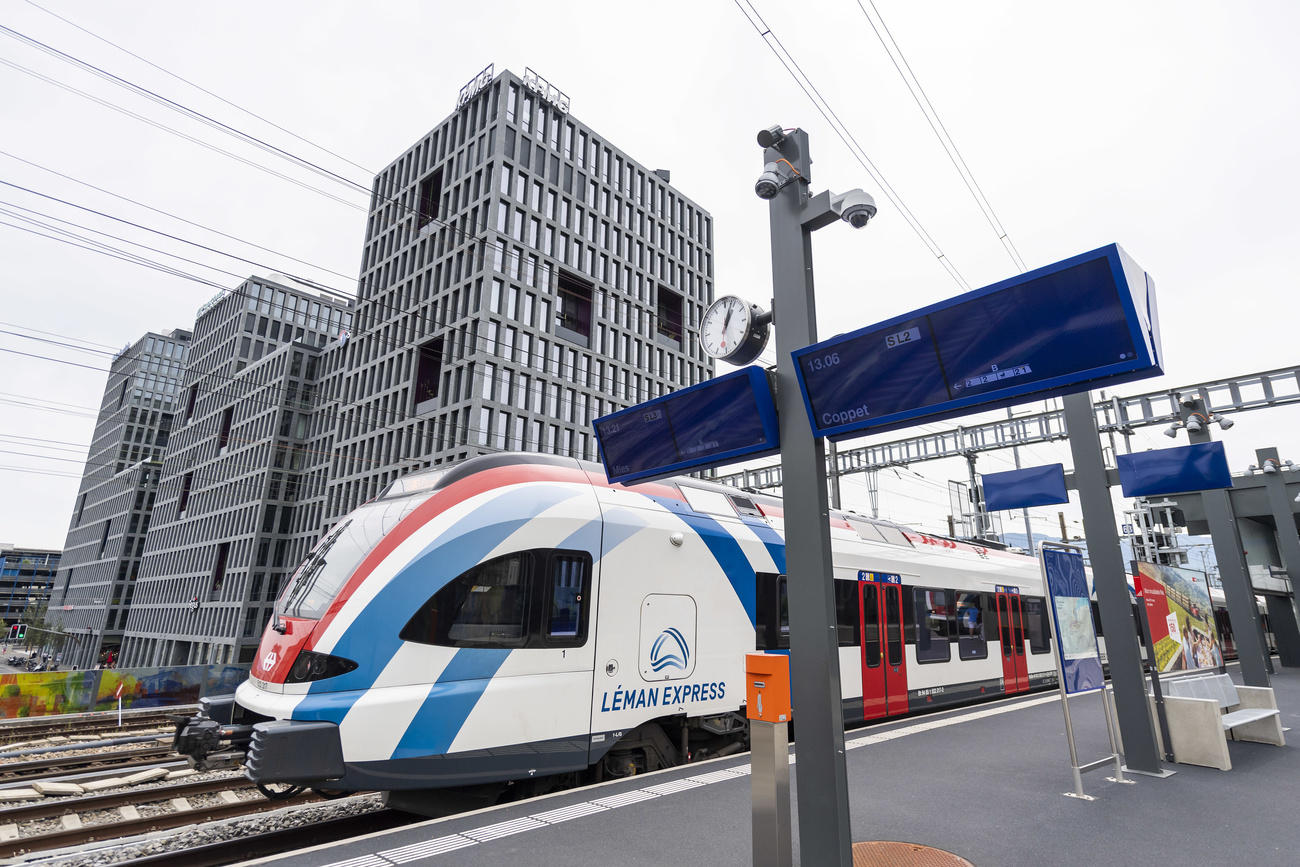
The long-awaited Léman Express cross-border rail network is due to open on December 15 in Geneva and France. Transport expert Vincent Kaufmann analyses its likely effects on local commuting, traffic and housing.
After decades of discussions and planning, and almost eight years of construction work, the Léman ExpressExternal link will finally open to the public at 5.05am on December 15. The network is set to offer a fast cross-city rail link between Geneva’s central train station, Cornavin, and Annemasse in FranceExternal link. But the regional cross-border network is much bigger, comprising 45 stations and 230 kilometres of track and extending across into canton Vaud in Switzerland and the Haute-Savoie and Ain regions in France. It will become the biggest cross-border regional rail network in Europe.
Once operational, officials estimate that 50,000 people will take one of the 40 Léman Express trains criss-crossing the network every day. They say the new rail network should help cut road traffic and commuting times. Currently, almost half a million vehicles cross Geneva’s borders from France and canton Vaud every day, snarling up local roads in rush hour.

swissinfo.ch: You say Léman Express has created huge expectations, especially in France. How will it affect local mobility?
Vincent Kaufmann: I really think Léman Express will have a major impact and quite quickly. People will use trains more often. Léman Express provides connections between Geneva and its hinterland, but it also offers links within French regions, such as in the Haute Savoie. You will be able to travel easily from Evian to Annecy or between St Julien-en-Genevois and Evian, for example.
In Geneva itself, it offers new, more efficient connections, such as between Chêne Bourg and Hôpital, which doesn’t exist right now. What will be decisive is the parking policy in Geneva. If there is a stricter parking policy for commuters, it’s clear it will force some people who might not want to take the train to do so.
swissinfo.ch: Could it change local attitudes to public transport, like the M2 metro did in Lausanne?
V.K.: Yes, this change is already underway, as shown by a big study EPFL carried out in the Greater Geneva region. We found that there is a strong desire to use other forms of transport than the car, especially in France. I think this will be accelerated; there is fertile ground for it.
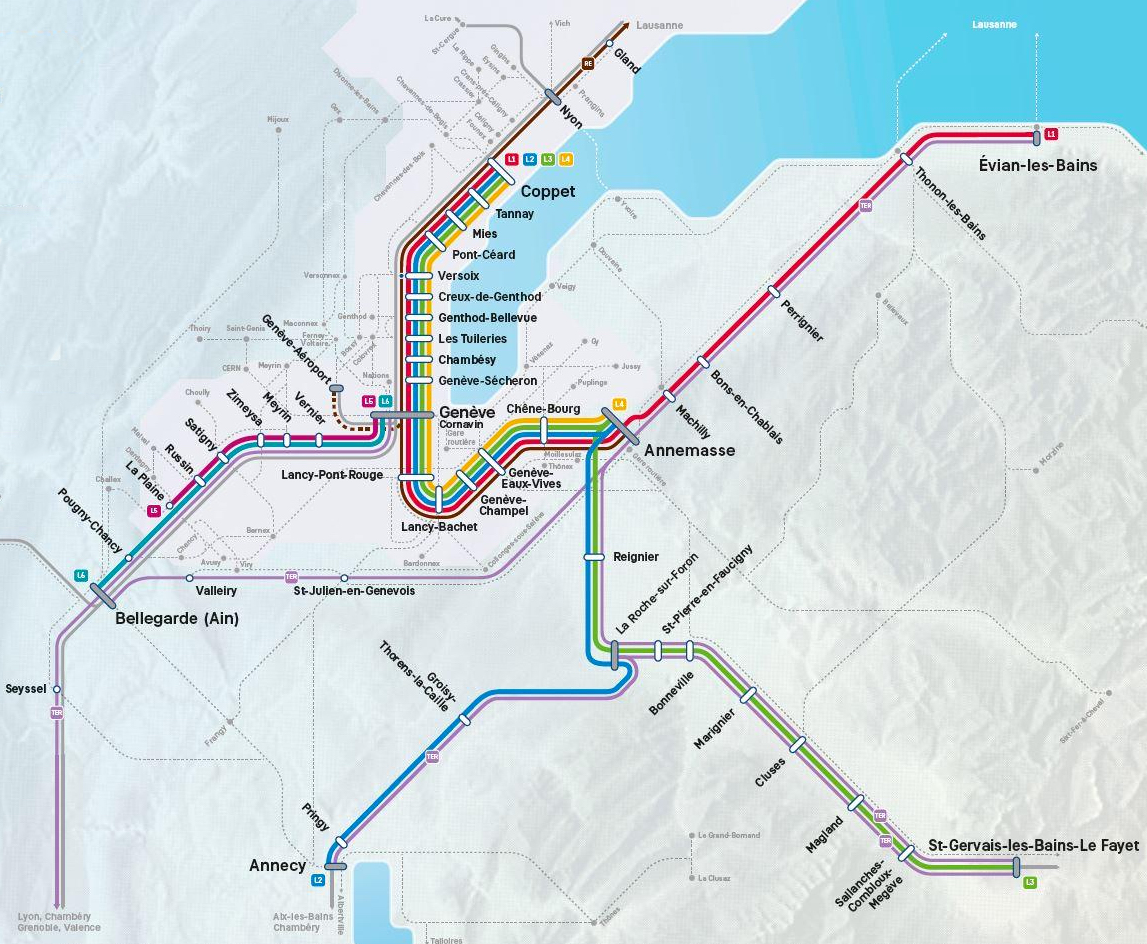
swissinfo.ch: But some people, like outgoing Green Senator Robert Cramer, have expressed reservations about the new networkExternal link, saying it will not be enough to solve current regional transport headaches. What is your view?
V.K.: Léman Express has huge capacity. If the trains are full, you can double the number of carriages or have double-decker trains. There are lots of options.
But I agree with Cramer that it will only contain and not resolve problems, as we are in a region that grows by 18,000-20,000 habitants a year. It’s one of the most dynamic regions in Europe in terms of demographic growth. It’s difficult to do anything but contain the problem.
But Léman Express is also the start of the story and not the end. It will have to develop further. There is currently no link to the airport, but you can imagine that will happen. There are also demands to extend the lines beyond Bellegarde (in France, southwest of Geneva) to Nantua, Seyssel and Culoz, where there are lots of cross-border workers.
swissinfo.ch: The authorities talk about Léman Express attracting 50,000 passengers a day and slashing road traffic by 12%. Is this realistic?
V.K.: It’s hard to evaluate. But I imagine that there will be big reductions on the road traffic between Annemasse and Geneva, and between Hermance and the customs posts at Douvaine and Geneva along the lakeside quays, for example.
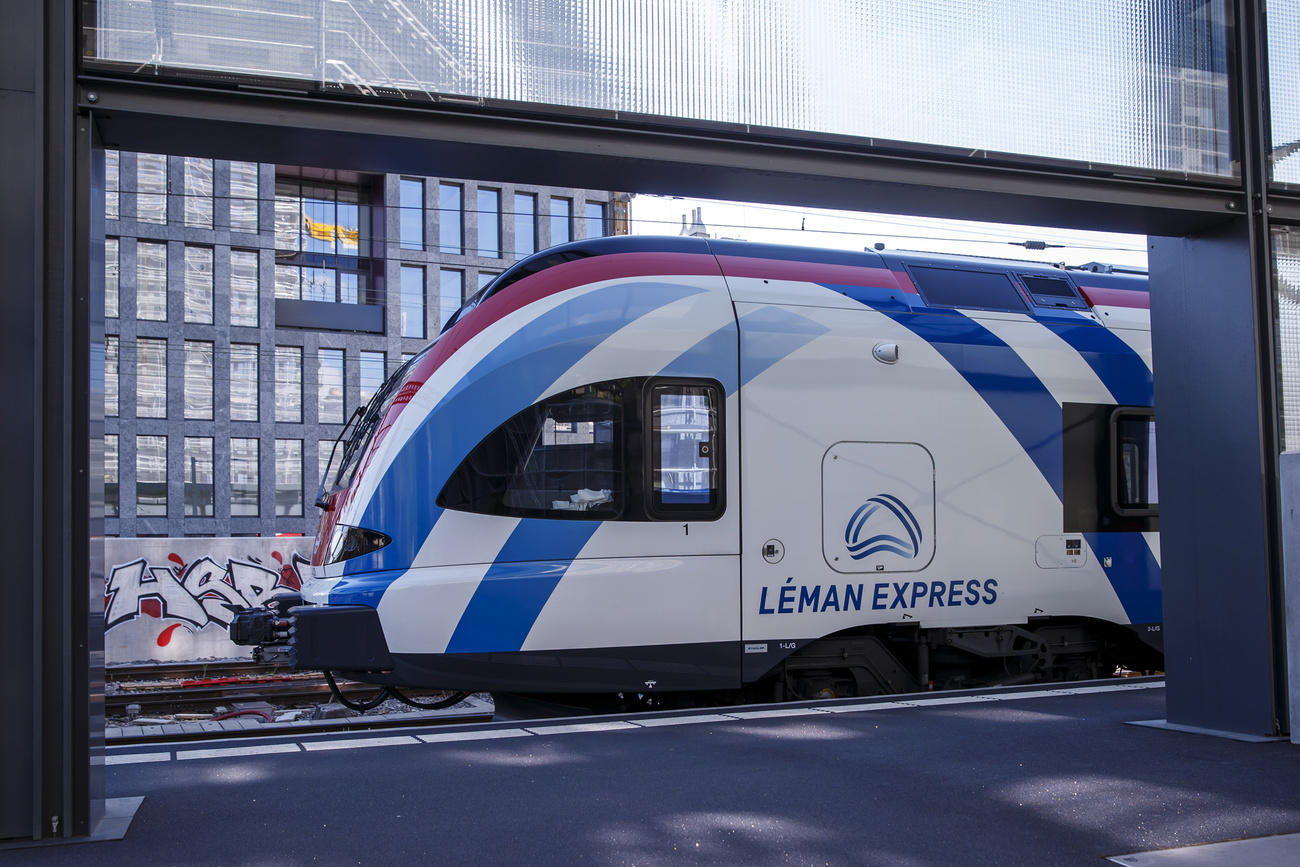
More
Geneva commuters fall out of love with cars
swissinfo.ch: What impact might the cross-border rail network have on the local accommodation situation?
V.K.: Léman Express offers quite considerable urban development opportunities, especially at Annemasse in France. The transformation there is impressive. In general, the real estate sector has understood that the future of urban development is built around the rail system.
But Léman Express risks encouraging more people who work in Geneva to live in France, whether they are French or not. That’s clear.
swissinfo.ch: How do you compare Léman Express with the public transport systems in other Swiss cities or elsewhere in Europe?
V.K.: It offers the same level of rail service as in Zurich. The network’s very dense but there are much fewer lines.
Geneva is getting closer to the level of quality seen in Germany, where you have big S-Bahn regional train networks that are quite efficient. But if you compare it with France and Italy, the network in Geneva is much better.
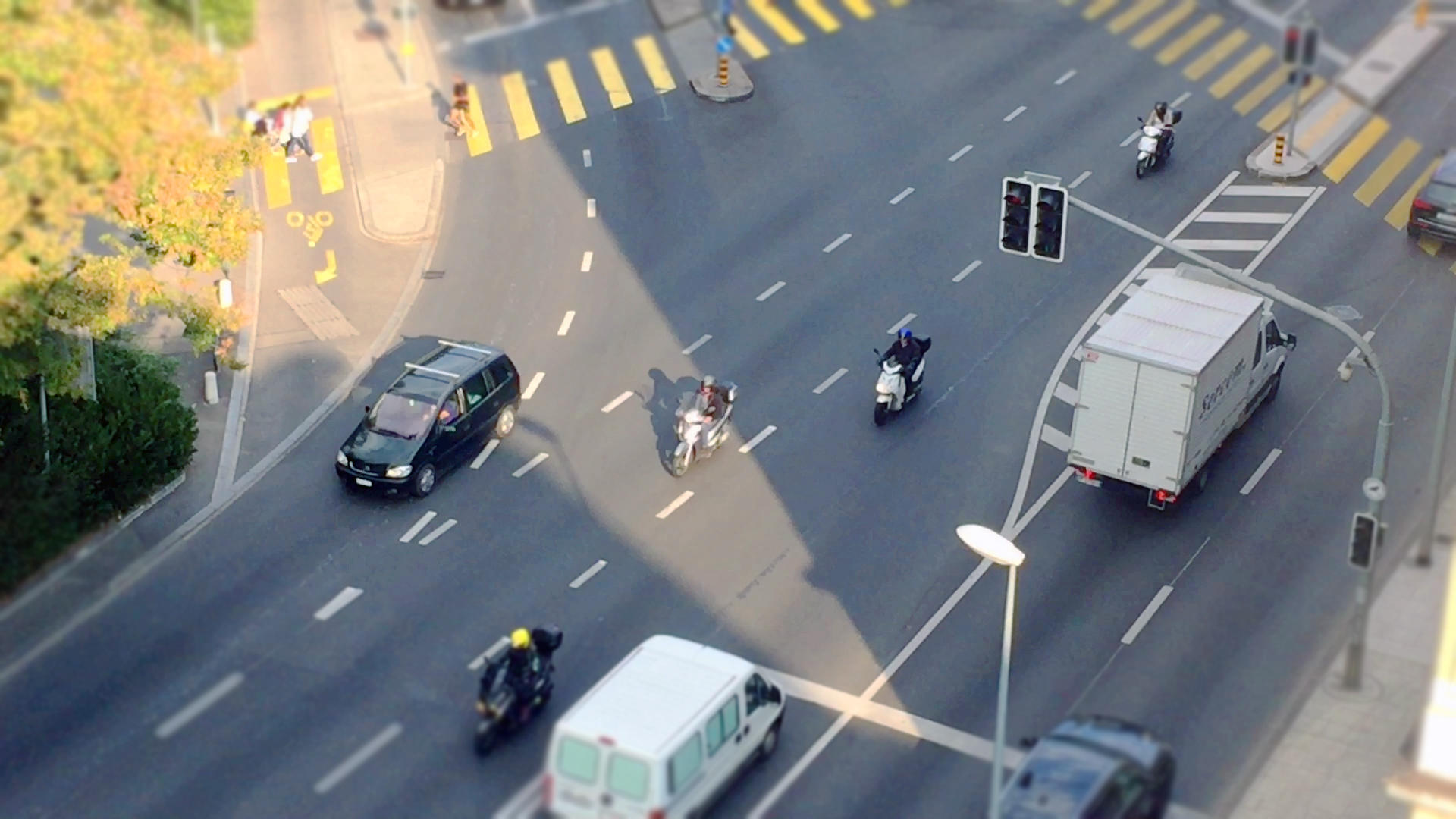
More
Geneva’s cross-town traffic woes

In compliance with the JTI standards
More: SWI swissinfo.ch certified by the Journalism Trust Initiative









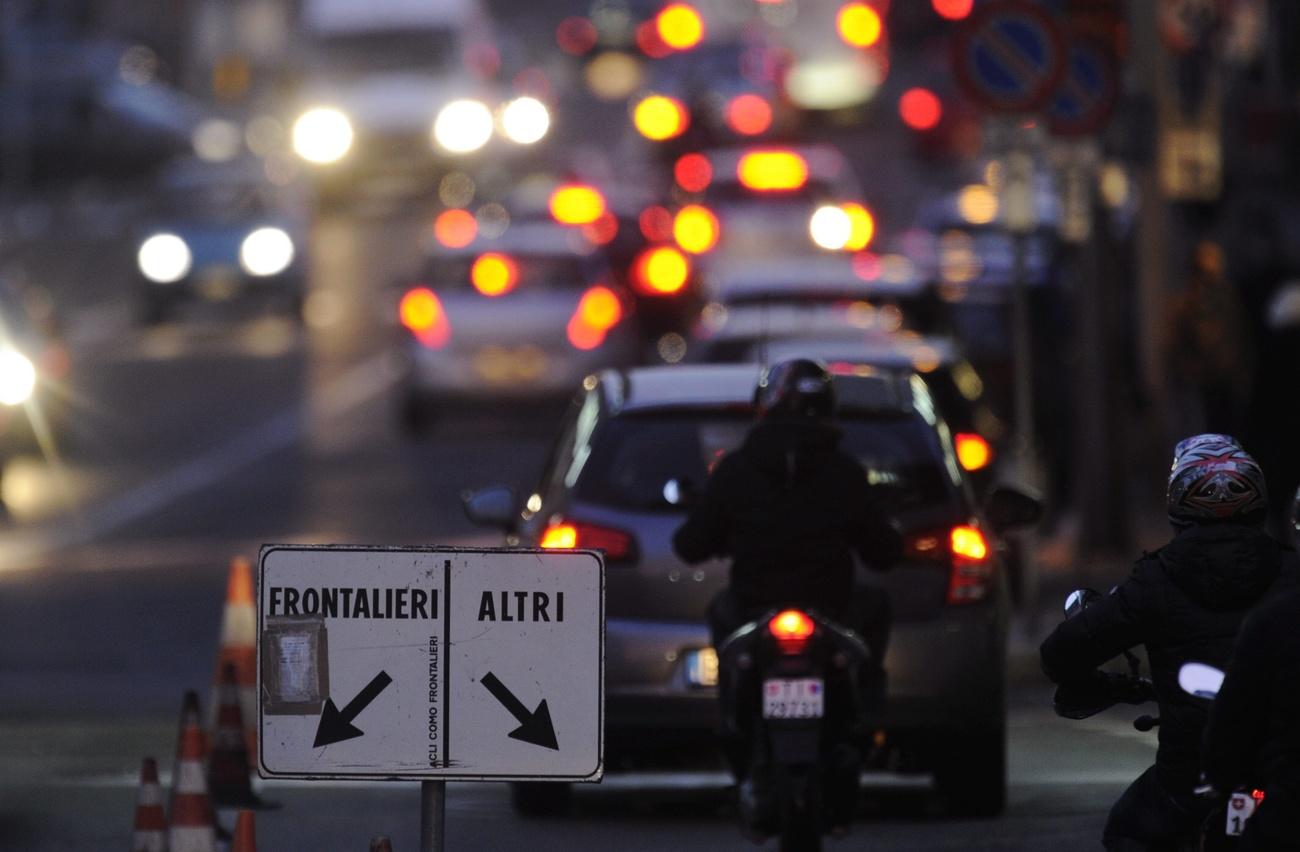

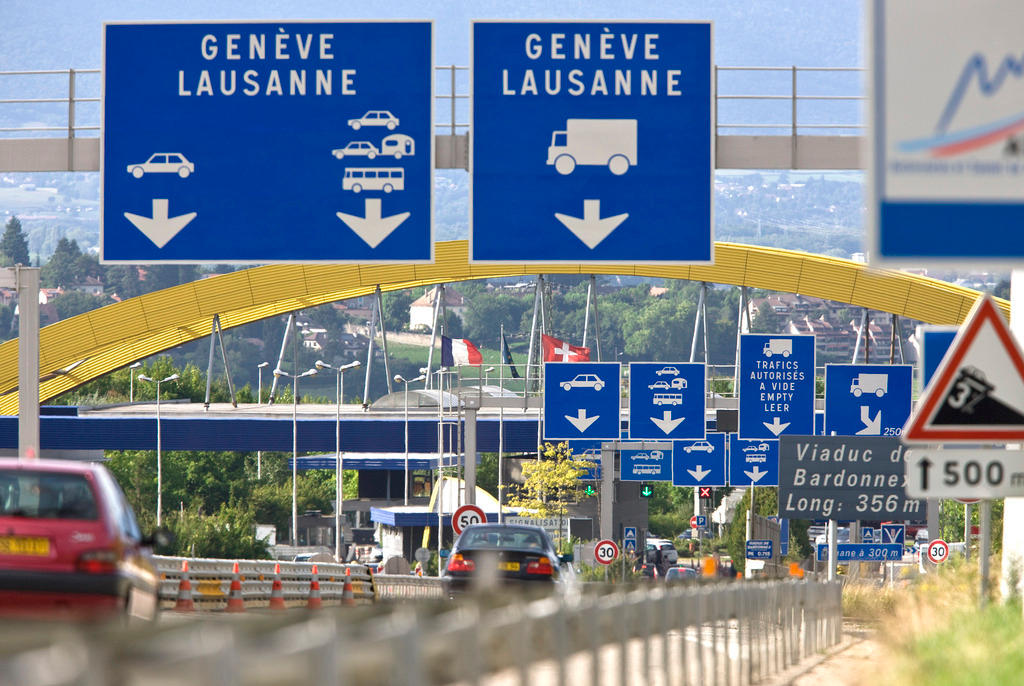
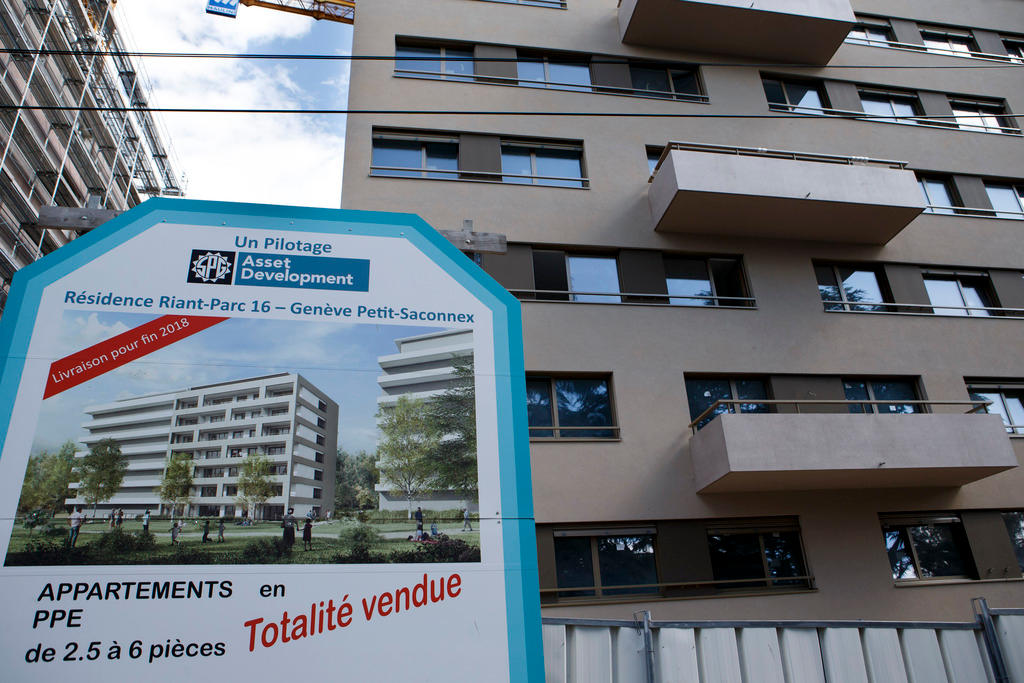
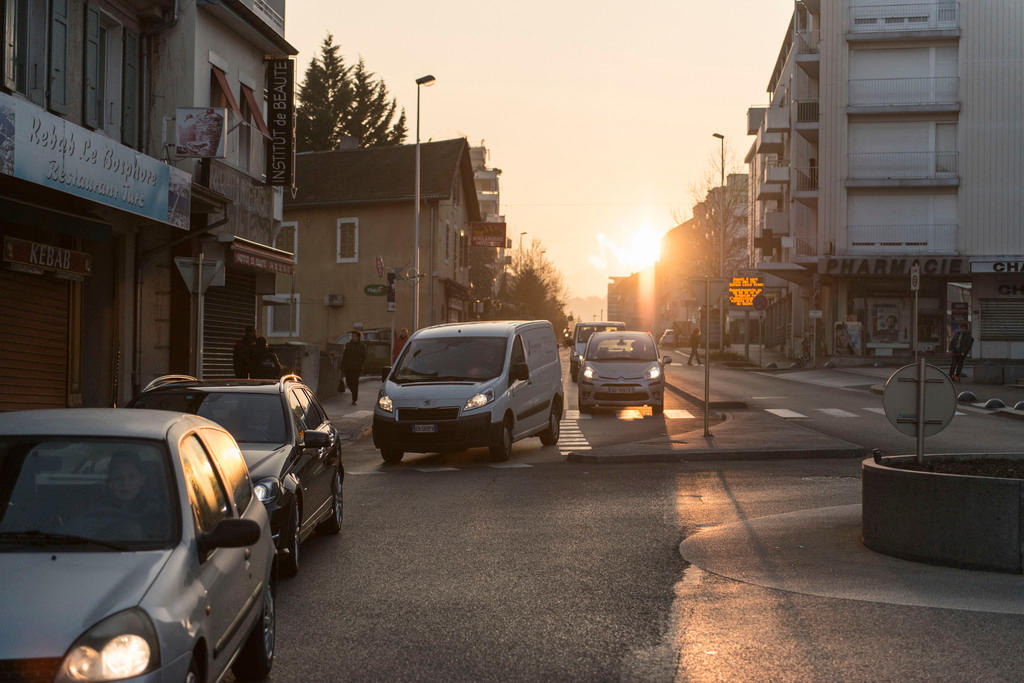

You can find an overview of ongoing debates with our journalists here . Please join us!
If you want to start a conversation about a topic raised in this article or want to report factual errors, email us at english@swissinfo.ch.